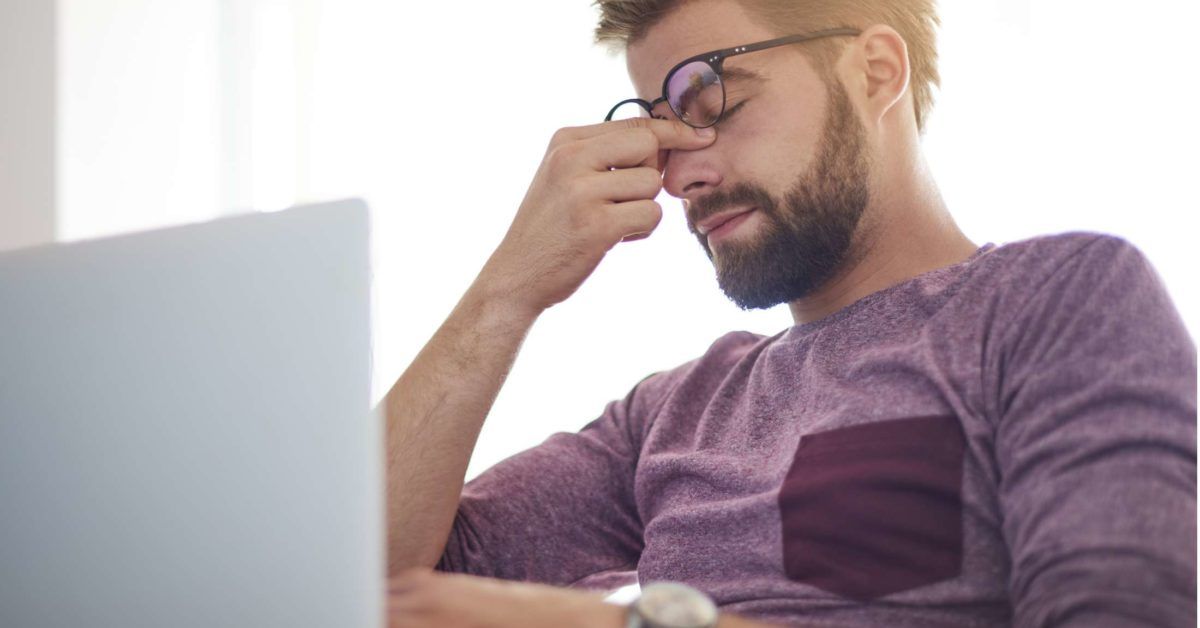All Categories
Featured
Reduced vision is a condition that dramatically affects daily activities like analysis, driving, or recognizing faces, also with restorative lenses. For individuals dealing with such challenges, low vision rehabilitation provides a pathway to restore independence and improve lifestyle. Let's look into the available alternatives for reduced vision recovery and exactly how they help individuals browse the globe a lot more with confidence.
Understanding Low Vision Recovery
Low vision rehab is a specialized solution designed to maximize the useful capacities of people with irreversible vision problems. This multidisciplinary method includes assessments, training, and devices customized per person's one-of-a-kind needs. The goal is to encourage people by enhancing their continuing to be vision and training techniques to adapt to their atmosphere.
Key Options in Low Vision Rehab
Comprehensive Eye Exams
A low vision professional does detailed analyses to recognize the degree of vision loss and identify appropriate interventions. These assessments concentrate on identifying the person's visual acuity, field of vision, and light level of sensitivity.
Assistive Devices and Technology
A large range of innovations and tools are readily available to help individuals with reduced vision:
Magnifiers: Handheld, stand-mounted, or electronic magnifiers help increase the size of text or pictures.
Telescopic Lenses: Useful for range watching, such as seeing television or reading street signs.
Display Visitors: Software application that reviews out loud the text on a screen, assisting those who struggle with reading.
CCTV Systems: Closed-circuit televisions multiply published product or objects for less complicated viewing.
![]()
Mobile Phone Applications: Applications like Be My Eyes or Seeing AI supply real-time assistance and descriptions of surroundings.
Educating Programs
Vision rehab includes training to optimize making use of continuing to be vision and adapt to brand-new tools:
Positioning and Wheelchair Training: Helps people browse unfamiliar areas and utilize canes or overview pets properly.
Daily Living Skills: Teaches techniques for cooking, grooming, and various other day-to-day tasks with restricted vision.
Aesthetic Skills Educating: Entails workouts to enhance field of vision or improve emphasis.
Ecological Modifications
Adapting the home or workplace can dramatically boost self-reliance:
Setting up brighter lights and contrasting colors.
Adding responsive markers to home appliances.
Organizing furniture to develop clear paths and minimize challenges.
Counseling and Emotional Support
Vision loss can be emotionally challenging. Assistance groups and counseling services assist individuals cope with the psychological effect and build resilience.
That Offers Low Vision Rehabilitation?
Reduced vision recovery solutions are offered by:
Low Vision Specialists: Eye doctors or ophthalmologists with additional training.
Work-related Specialists: Specialists who concentrate on enhancing everyday functioning.
Rehab Therapist: Experts that aid with emotional and emotional assistance.
![]()
Conclusion
Low vision rehab is a lifeline for those living with substantial vision loss. If you or a loved one is experiencing vision difficulties, consider reaching out to a low vision expert to check out these transformative rehab solutions.
Understanding Low Vision Recovery
Low vision rehab is a specialized solution designed to maximize the useful capacities of people with irreversible vision problems. This multidisciplinary method includes assessments, training, and devices customized per person's one-of-a-kind needs. The goal is to encourage people by enhancing their continuing to be vision and training techniques to adapt to their atmosphere.
Key Options in Low Vision Rehab
Comprehensive Eye Exams
A low vision professional does detailed analyses to recognize the degree of vision loss and identify appropriate interventions. These assessments concentrate on identifying the person's visual acuity, field of vision, and light level of sensitivity.
Assistive Devices and Technology
A large range of innovations and tools are readily available to help individuals with reduced vision:
Magnifiers: Handheld, stand-mounted, or electronic magnifiers help increase the size of text or pictures.
Telescopic Lenses: Useful for range watching, such as seeing television or reading street signs.
Display Visitors: Software application that reviews out loud the text on a screen, assisting those who struggle with reading.
CCTV Systems: Closed-circuit televisions multiply published product or objects for less complicated viewing.

Mobile Phone Applications: Applications like Be My Eyes or Seeing AI supply real-time assistance and descriptions of surroundings.
Educating Programs
Vision rehab includes training to optimize making use of continuing to be vision and adapt to brand-new tools:
Positioning and Wheelchair Training: Helps people browse unfamiliar areas and utilize canes or overview pets properly.
Daily Living Skills: Teaches techniques for cooking, grooming, and various other day-to-day tasks with restricted vision.
Aesthetic Skills Educating: Entails workouts to enhance field of vision or improve emphasis.
Ecological Modifications
Adapting the home or workplace can dramatically boost self-reliance:
Setting up brighter lights and contrasting colors.
Adding responsive markers to home appliances.
Organizing furniture to develop clear paths and minimize challenges.
Counseling and Emotional Support
Vision loss can be emotionally challenging. Assistance groups and counseling services assist individuals cope with the psychological effect and build resilience.
That Offers Low Vision Rehabilitation?
Reduced vision recovery solutions are offered by:
Low Vision Specialists: Eye doctors or ophthalmologists with additional training.
Work-related Specialists: Specialists who concentrate on enhancing everyday functioning.
Rehab Therapist: Experts that aid with emotional and emotional assistance.

Conclusion
Low vision rehab is a lifeline for those living with substantial vision loss. If you or a loved one is experiencing vision difficulties, consider reaching out to a low vision expert to check out these transformative rehab solutions.
Latest Posts
A Bayfront Cooking Trip
Published Apr 05, 25
1 min read
Vision Center South - Ease Dry Eye with Expert Therapy Nearby
Published Apr 05, 25
2 min read
Boost Your Washroom with Custom-made Bathroom and Shower Masterpieces
Published Apr 05, 25
1 min read